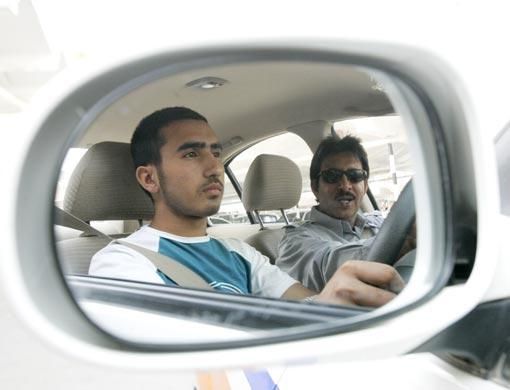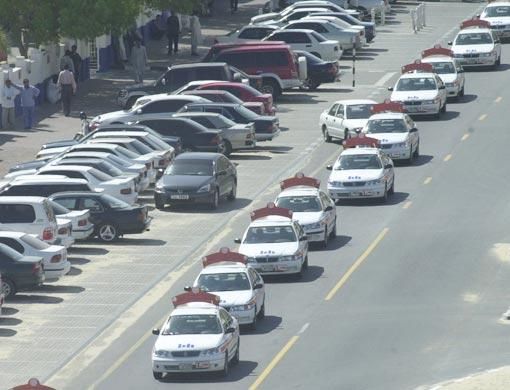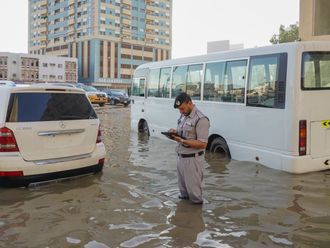Dubai: Driving licences in Dubai will in future be issued for one year only, to ensure that a driver behaves on the road, a senior official said.
"We have decided to issue driving licences for new drivers with a one-year validity. These licences will be renewed only after reviewing a driver's performance," Engineer Ali Mohammad Al Jasem, Acting Chief Executive Officer of the Licensing Agency at the Dubai Roads and Transport Authority (RTA), said.
Earlier, all drivers were issued with 10-year validity licences when passing a driving test.
Other emirates still issue these licences.
In an exclusive interview with Gulf News, Ali Jasem said driving licences issued for one year will be renewed twice for a one-year period each time, and after three years, a driver will be issued with a licence valid for 10 years, provided he or she did not commit serious traffic offences.
He said the new rule has already been approved and is in the implementation stage.
"A driver will have to take a driving test or go back to driving school if he commits major traffic offences, such as jumping red signals, causing a major accident or being involved in road rage, and having accumulated black points," he added.
He did not specify the number of black points and severity of traffic offences that may hamper the renewing of a licence.
"We are working on this issue. Anybody committing a serious offence will not have his or her licence renewed without sitting for a clearance test," Al Jasem said.
The rule is only for new drivers and it will not apply to existing drivers and those who already have foreign driving licences that can be converted to UAE licences.
"The aim is to monitor the driver, reduce road accidents and improve driving culture, especially the rash and careless driving of ... young drivers who pose a danger to road users," Al Jasem said.
He said the new rules have been put in place after a comprehensive study by the RTA.
All residents in the UAE need local licences to drive. A total of 156,974 driving licences were issued in 2006 with an average of 430 licences every day, but the number of licences issued in 2007 have fallen by almost 50 per cent after the RTA started testing drivers. Only 87,825 licences were issued in 2007 with an average of 240 licences every day.
Commenting on the huge rush at driving schools and the long waiting time for applicants, Al Jasem said he was working with driving schools to reduce the waiting time.
"We have already reduced the waiting time from two months to two to six weeks. It is still a problem at some big driving schools because they have huge numbers of applicants, but we intend to bring it down to a maximum of two weeks."
He said they would soon introduce an hourly appointment system for driving examinations.
"Applicants will be able to get appointments online and they won't have to wait all day at the examination centre to go for their tests," he said. Currently, everyone appearing for a test has to go early morning and await their turn all day.
He said the process of getting a driving licence in Dubai is being streamlined.
"First, we will introduce driving manuals for learner drivers, trainers and examiners.
"Every driving school will have to follow the manual that will be published in different languages, especially Arabic, English and Urdu," he said.
There will be a new checklist for trainers and examiners to ensure that trainers provide training and the examiners test drivers following the book.
Training courses for instructors
The Dubai Roads and Transport Authority (RTA) will hold special training courses for driving examiners and driving school instructors as part of its plans to introduce changes to the licensing system.
Engineer Ali Mohammad Al Jasem, Acting CEO of the RTA's Licensing Agency, said training was considered a prerequisite to make changes in the driver training and licensing system. It is expected to last 34 weeks.
"An international consultant will be hired. In conducting this training, examiners and instructors in all licence categories will be guided by detailed instructors' and examiners' manuals. This would ensure consistency in both training and testing activities, information dissemination and improved service delivery," said Al Jasem.














